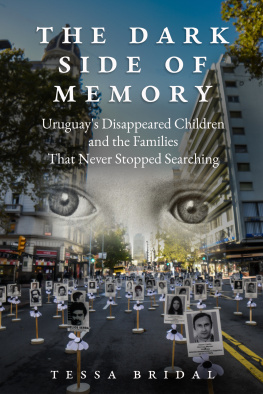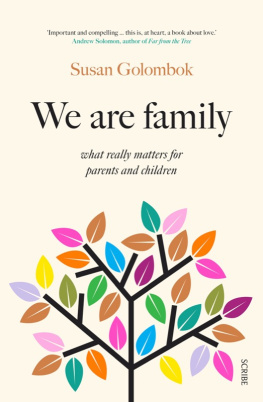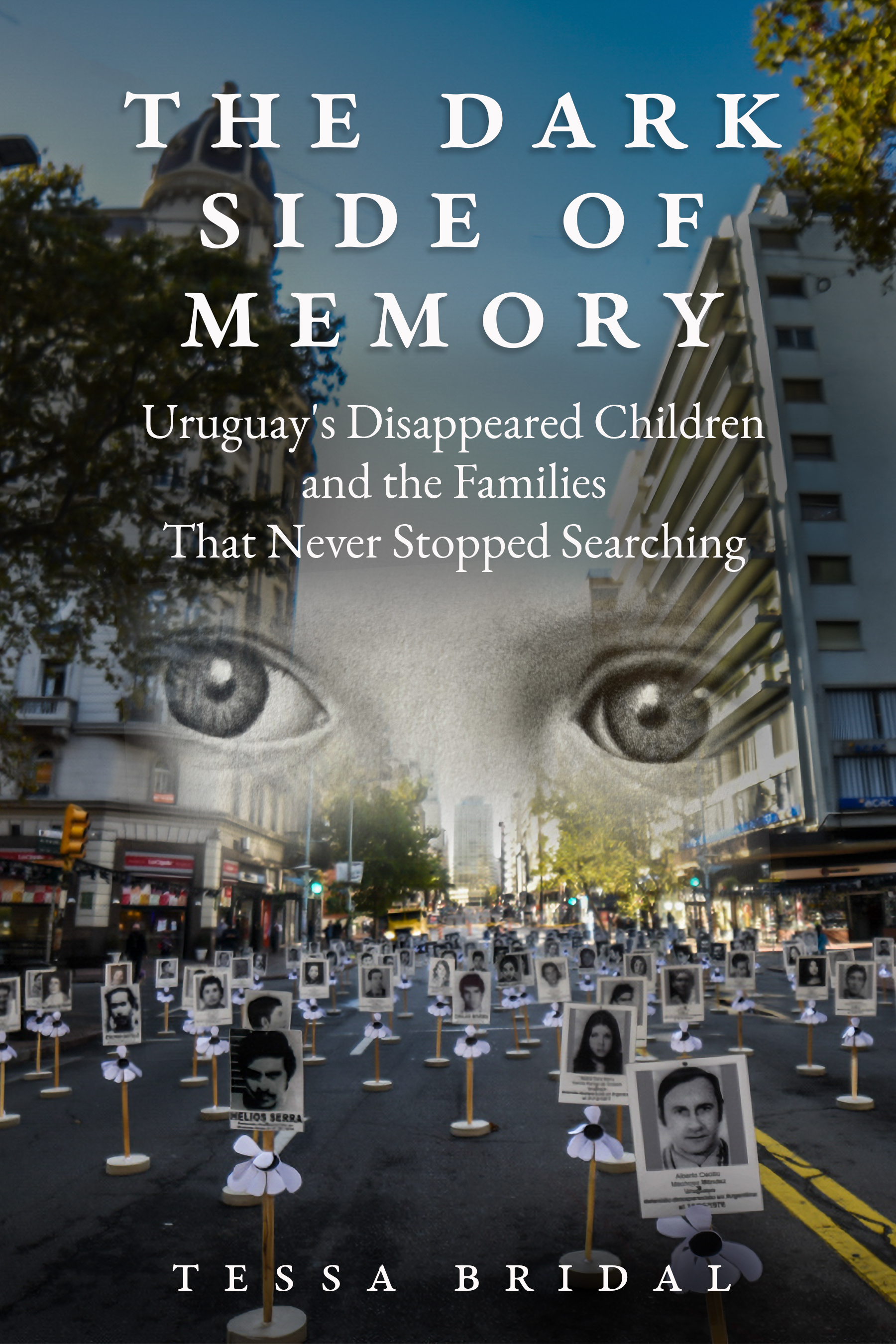Also by Tessa Bridal
Fiction
The Tree of Red Stars
River of Painted Birds
Available in Spanish as: Ro de los pjaros pintados
Nonfiction
Exploring Museum Theatre
Effective Exhibit Interpretation and Design
Copyright 2021 Tessa Bridal.
All rights reserved. No part of this publication may be reproduced, distributed, or transmitted in any form or by any means, including photocopying, recording, or other electronic or mechanical methods, without the prior written permission of the publisher, except in the case of brief quotations embodied in critical reviews and certain other noncommercial uses permitted by copyright law.
For permission requests, write to the publisher at the address below.
Invisible Ink
2700 Kenilworth Place, Minneapolis, MN 55405
ISBN: 978-1 -73693860-7 (Paperback)
ISBN: 978-1 -73693861-4 (eBook)
Library of Congress Control Number: 2021915817
Invisble Ink
Illustration by Sylvia Crannell. Cover photo by Javier Noceti.
Praise fo r The Tree of Red Stars
Tessa Bridal brings a fresh voice to Latin American literature in her first novel, The Tree of Red Stars . Bridal, who was born and raised in Uruguay, uses her book to present a harrowing account of that countrys takeover by a military dictatorship, a regime that violently demolished one of Latin Americas oldest democracies. As the story leads up to these dramatic events, Bridal describes life in Montevideo through the eyes of Magda, a young woman from an upper-middle -class family who has lived a sheltered and secure existence - until the growing political unrest threatens to erupt even within her own wealthy neighborhood. And when Magdas friends and their families are endangered, she is forced to make use of her privileges in ways that will also be hazardous to herself. Bridals narrative concentrates on a matter-of -fact rendering of Magdas transformation into a revolutionary, dispelling stereotypical notions about the relationship between social class and volatile political activism. Magdas association with the socialist Tupamaro guerrillas stems less from entrenched political beliefs than from her loyalty to her friends and her love for the country in which she has spent her childhood. As The Tree of Red Stars proceeds, Bridal recounts Magdas perilous activities with a chillingly understated sense of inevitability.
The New York Times Book Review
... Set in 1960s Uruguay, Tessa Bridals first novel - winner of this years (1997) Milkweed National Fiction Prize - is a skillful, utterly engrossing portrait of a social conscience awakening against fervent and often furtive friendships, personal and political loyalty, filial defiance and impossible love.... The Tree of Red Stars is an unpredictable and exquisite story.
Time Out New York Review
A moving and fictional account of events that must be remembered.
Booklist
A luminously written debut novel, winner of the 1997 Milkweed Prize for Fiction, about love and ideals under siege in 1960s Uruguay.... Love and the past beautifully evoked in a faraway place...
Kirkus Reviews
... Bridal writes with power and compassion... this novel is recommended for all libraries.
Choice
... the straightforward plot effectively captures the terror or modern despotism as well as the hope necessary to overcome it. Recommended for all libraries. The book was also selected for the 1998 Teen List by the New York Public Library and was one of six books chosen by The Independent Reader as one of the years most recommended titles.
Library Journal
Praise for The Dark Side of Memory
A bright star in a constellation of creative nonfiction works about the violent conflicts of mid-late 20th century in Latin America, the book casts a profound human gaze on a most devastating personal and social tragedy. The Dark Side of Memory weaves its narrative slowly. It pulls you in until you are compelled to read on in spite of a growing sense of foreboding. You are entering the sacred grounds of deep loss and deaths foretold, only, you are doing so held by Bridals compassionate hand and beautifully evocative voice. It lifts the lesser known stories of Uruguayan victims of the dictatorships that plagued South Americas southern cone up to the altar of quotidian, anonymous heroism where they belong. Critically, it centers its narrative on the behind-the -scenes epic struggle to recover defenseless young children, some born in clandestine torture centers where their mothers were murdered by those who kept them as their own. In doing so, Bridal offers us a poignant, clear-eyed view of the conflict, to best measure the viciousness of the militarys actions, and the courageous resilience of survivors and relatives who never gave up on their abducted kin. In the age of Black Lives Matter and the brutal detention of children by US Immigration Enforcement at the border, The Dark Side of Memory is a most caring and powerful cautionary tale as to the enduring, generational nature of trauma when political violence is unleashed on those most vulnerable.
Roberto Gutirrez Varea, Director, Latin American Studies Program, University of San Francisco
Tessa Bridals The Dark Side of Memory has the immediacy of a novel. We travel alongside a group of indefatigable women: into the torture centers of the Argentine military junta; through their long bureaucratic battles to rescue the children who were stolen from them. This is a book about the way the violence of the past weighs on the future, shaping its possibilities. And it is also a book about how acknowledging that pastfighting against the seductions of forgettingopens a less violent, more human future.
Toby Altman, National Endowment for the Arts 2021-2022 Fellow in Poetry
This is a holy bookbecause it tells the truth, concretely and unflinchingly. In the midst of an inferno, The Dark Side of Memory points us to the lives of the mothers and grandmothers of Uruguay and Argentina who, out of great love for their children, refused to permit the perpetrators of devastation to have the final word. Tessa Bridal bears witness to the power of memory, truth-telling , and hope, and so also to the possibility of a just world. This is a tremendous work of love.
Ry O. Siggelkow, Director of Initiatives in Faith & Praxis, University of St. Thomas in St. Paul, MN
These life stories, portrayed in all their vivid complexity by Tessa Bridal, honor the humanity of the many who were dehumanized by Latin Americas dirty wars. Her creative telling brings us as close as we can get to grasping the motivations behind the crime of enforced disappearance, and to feeling for ourselves its deep and lasting scars upon victims, families and societies.
Barbara Frey, Director, Human Rights Program, University of Minnesota
The Dark
Side of
Memory
Uruguays Disappeared Children
and the Families
That Never Stopped Searching
Tessa Bridal
To my daughters Anna and Kate with abiding love and admiration.
Authors Note
T he historical events in this book are all true.
The word disappeared is used to describe adults and children illegally captured and/or kidnapped by military and paramilitary forces during the Cold War years (post World War II to early 1990s). No official record of them existed, and families have spent years, and in some cases decades, searching for them.
***
The book focuses on four implacable and tenacious women determined to find their disappeared children and grandchildren, even when searching for them endangered their own lives and freedom.
The men behind the disappearances documented here were part of an international web involved not only in trafficking minors, but in assassinations that took place from Washington DC to Rome, Paris and Buenos Aires.







